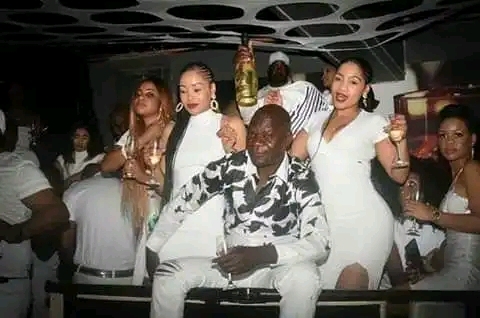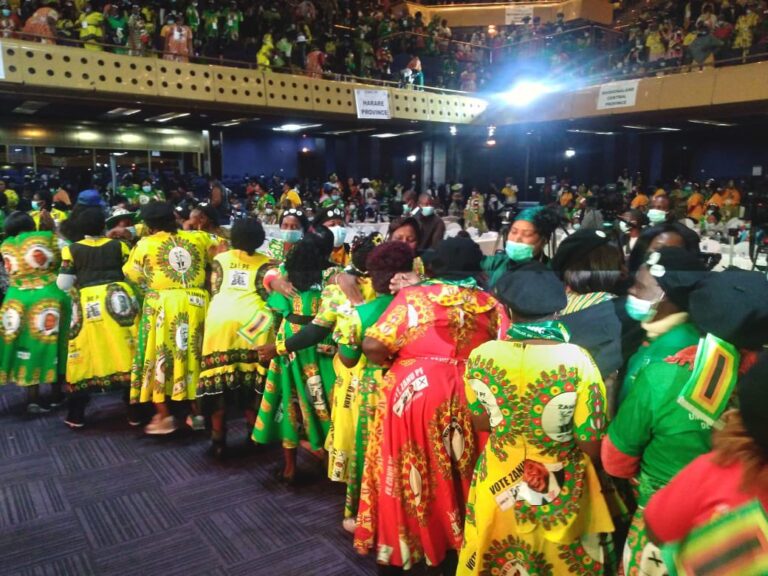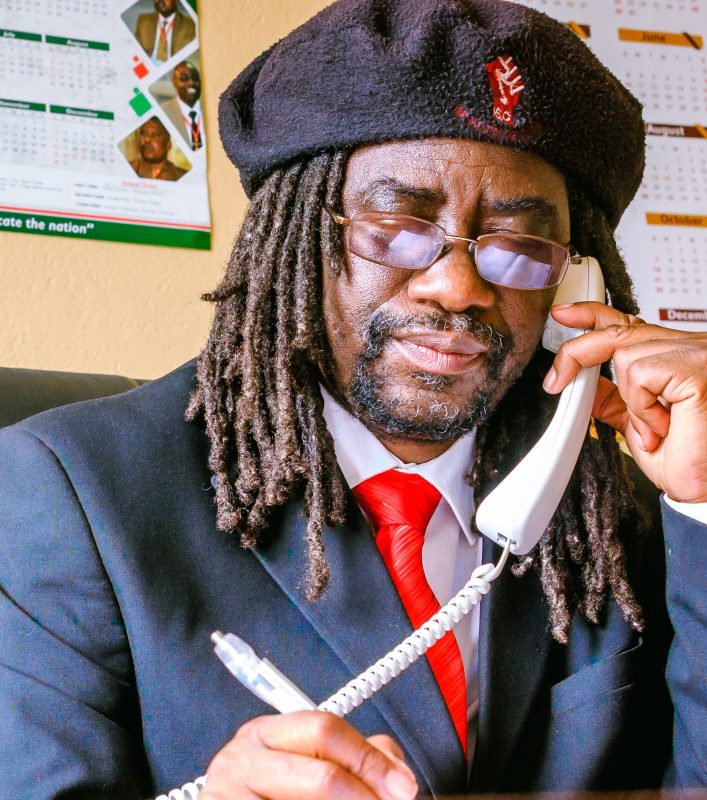Hopewell Chin’ono once had a cordial relationship with President Emmerson Dambudzo Mnangagwa and this relationship was fuelled by ambitions of becoming ZBC CEO. Contrary to the combative stance he holds today, Chin’ono once positioned himself as an ally of the “New Dispensation,” openly declaring that he “supported the transition” that brought Mnangagwa to power in …
Hopewell Chin’ono bitter because he didnt get ZBC Top Job?

Hopewell Chin’ono once had a cordial relationship with President Emmerson Dambudzo Mnangagwa and this relationship was fuelled by ambitions of becoming ZBC CEO.
Contrary to the combative stance he holds today, Chin’ono once positioned himself as an ally of the “New Dispensation,” openly declaring that he “supported the transition” that brought Mnangagwa to power in November 2017.
In his own words Chin’ono said “When the coup happened in November 2017, I was one of the people who said, ‘…there is nothing we can do, let us give them a chance,’” Chin’ono wrote, reflecting on the post-Mugabe euphoria.
His support was not purely patriotic. Several sources who interacted with Chin’ono during that period allege that he was lobbying key figures within government — including Christopher Mutsvangwa — to be considered for the position of CEO of the Zimbabwe Broadcasting Corporation (ZBC).
In a detailed 2019 article titled “Imagining a Better 2019 and Reforming Our Media Landscape into the 21st Century,” Chin’ono described, in his own words, how he engaged senior government officials and even met President Mnangagwa and Vice President Constantino Chiwenga to share his vision for modernising ZBC.
He narrated how the then Information Minister Monica Mutsvangwa and Permanent Secretary Nick Mangwana invited him to discuss the state broadcaster’s future. According to Chin’ono, the minister even offered him a board appointment at ZBC an offer he claims to have turned down due to his film commitments but the truth is Hopewell didnt want a seat on the board he wanted to be CEO.
Yet what followed reads more like the strategy of a man eyeing the top broadcasting job. Chin’ono detailed his extensive contacts with CNN, ITV News, and Channel 4 — promising to mobilize donor funding and international expertise to “refurbish ZBC” and “train its entire personnel complement.”
He boasted of correspondence with CNN founder Ted Turner, CNN Vice President Roland Nikolaou, and ITV News editor Geoff Hill, positioning himself as a conduit between Zimbabwe’s state broadcaster and global media giants.
For a man who insists he never wanted a job, the level of personal initiative — negotiating with international networks, drafting proposals, and seeking DFID support — strongly suggests otherwise.
Political analysts now believe Chin’ono’s abrupt turn against Mnangagwa’s government may have less to do with principles and more with personal disappointment.
“When the ZBC dream fizzled out and the promised restructuring never materialised, Chin’ono began to publicly attack the same leadership he once praised,” said one former colleague familiar with the saga.
His 2019 essay is particularly revealing. It describes in glowing terms how the new administration represented “a New Republic” and “a chance to rebuild our institutions.” He spoke of his “confidence that we were headed somewhere better,” after meeting Mnangagwa himself.
But soon after, when none of his proposals were adopted and the ZBC remained unreformed, Chin’ono’s tone hardened. By 2020, he had become one of Mnangagwa’s loudest critics on social media, portraying the government as repressive and corrupt — a sharp contrast to his 2017–2018 optimism.
Many in the media industry remember that period as one where Chin’ono courted influence behind the scenes. A senior ZBC insider told this publication that “Hopewell genuinely believed he would be given the mandate to transform the national broadcaster — he saw himself as the country’s new information czar.”
Another veteran journalist added, “He was in constant communication with senior officials and foreign contacts, but when the system didn’t reward him, he switched to opposition activism.”
Indeed, Chin’ono himself seemed aware of the whispers. In the same 2019 article, he acknowledged that “some even peddle stories that I wanted a job”
Yet his exhaustive outline of a ZBC revival strategy — complete with named CNN executives, British networks, and government meetings — paints a very different picture: that of a man who saw himself leading the charge to modernise Zimbabwe’s broadcasting empire.
Perhaps most telling are Chin’ono’s own words comparing Mnangagwa’s government to a lover asking for “a second chance.”
He wrote: “It is a bit like having a beautiful intelligent woman in your life, you have to look after her or lose her… After realizing your mistake, you will ask her to give you another chance.”
For critics, that passage is symbolic — a journalist seeking another chance to enter the corridors of power, only to later scorn them when the invitation never came.
The record shows that Hopewell Chin’ono once praised Mnangagwa’s leadership, lobbied influential allies, and even proposed multimillion-dollar partnerships for ZBC’s revival. When those ambitions failed to materialize, he repositioned himself as an anti-establishment crusader — a shift many now interpret as personal disillusionment disguised as moral awakening.
Whether patriotism or opportunism drove his early support, one thing is clear: before he became a government critic, Hopewell Chin’ono was one of Mnangagwa’s most enthusiastic believers — perhaps because he hoped to help rebuild ZBC from the inside.





